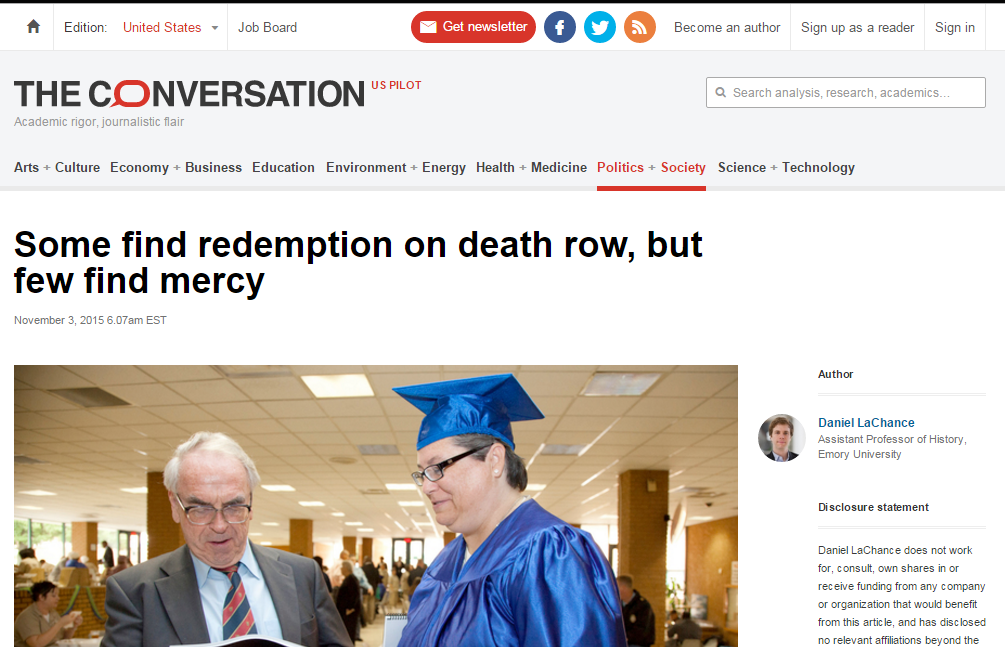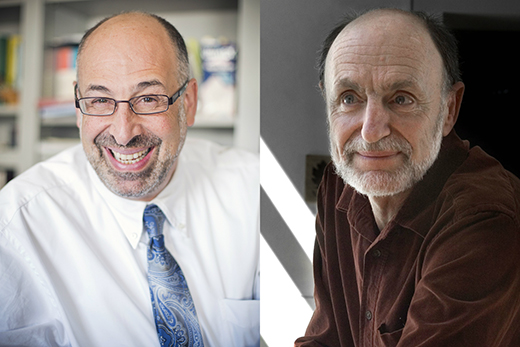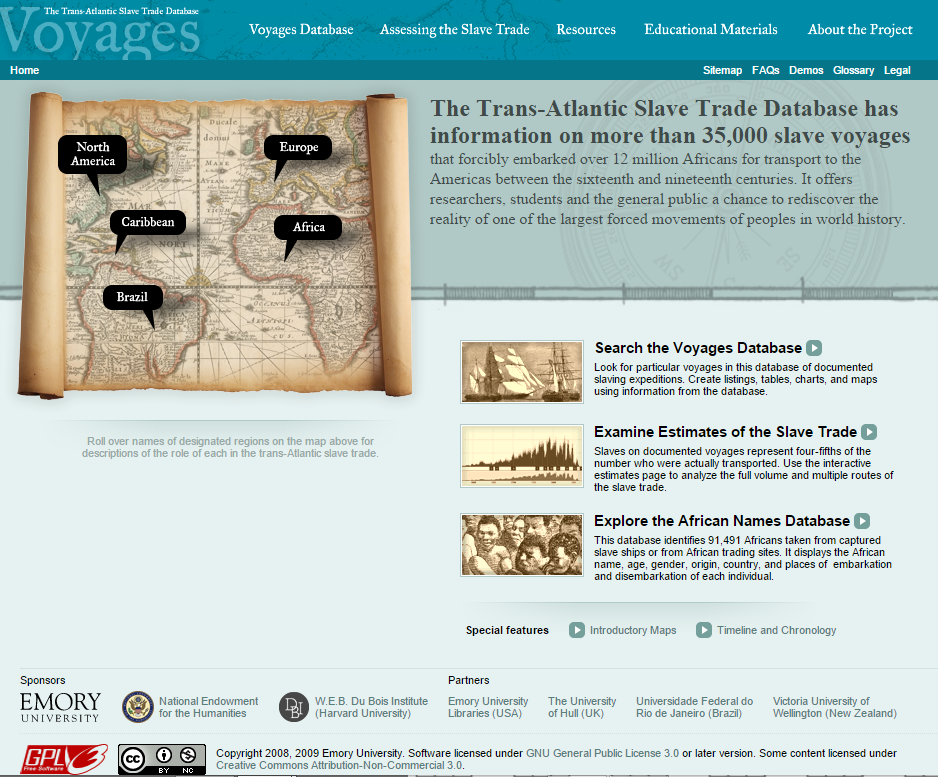A new exhibition designed to explore the city of Atlanta’s rapid growth in the second half of the twentieth century is on view in the Robert W. Woodruff Library on the Emory campus through June. Titled “Changing Atlanta 1950-1999: The Challenges of a Growing Southern Metropolis,” the exhibit and corresponding events were co-curated by Erica Bruchko, W. Michael Camp, and Louis Fagnan (along with Kristin Morgan and Laura Starratt of the Rose Library). The exhibition highlights the rich collections pertinent to Atlanta’s urban history housed at the Stuart A. Rose Manuscript, Archives, and Rare Book Library.
A panel discussion (free and open to the public) will take place on Tuesday, April 12 at 6:30 p.m. in the Jones Room in the Woodruff Library. The discussion will include opening remarks by Joseph Crespino, Chair and Jimmy Carter Professor, and closing remarks by Edward Hatfield, a History Department alumnus and instructor at Kennesaw State University. Read more about the event here.




